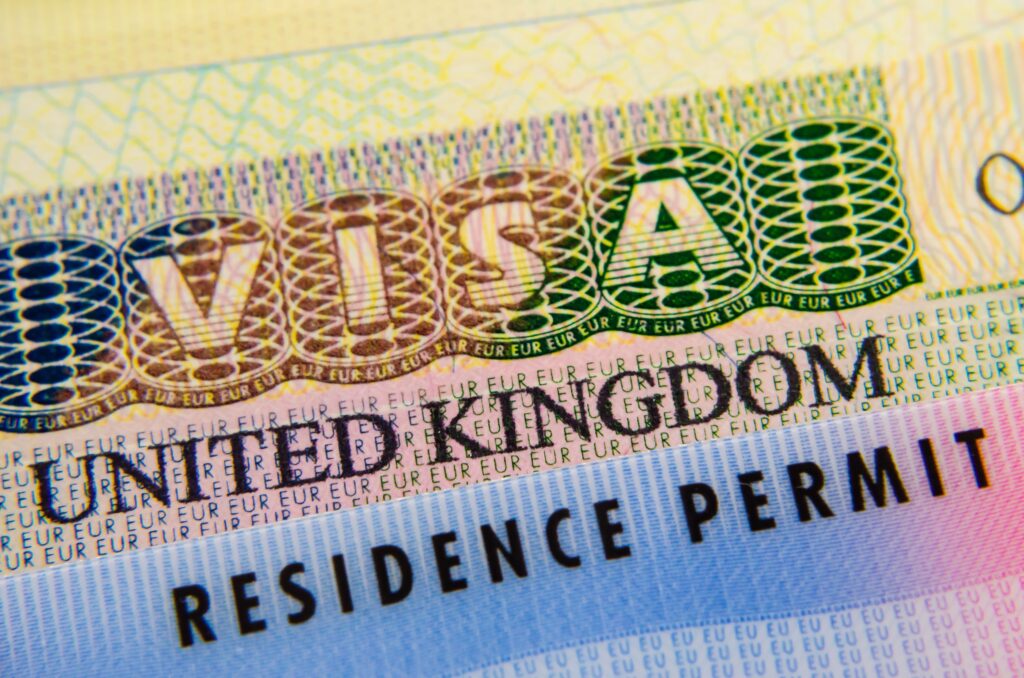UK’s Ambitious Plans to Attract Global Talent
The UK government has recently unveiled a white paper titled Restoring Control over the Immigration System, outlining an ambitious strategy to bolster the country’s reputation as a magnet for the world’s most highly skilled individuals.

In a fiercely competitive global landscape, nations are vying to attract top talent that can drive innovation, economic growth, and global influence. The UK’s plans aim to position itself prominently among these contenders, but questions remain: Will these initiatives truly succeed in drawing the brightest minds, or will challenges such as visa costs and bureaucratic hurdles cause talented individuals to look elsewhere?
The Vision: A Talent-Driven Future
At the heart of the UK’s strategy is a commitment to expand pathways for highly skilled professionals—scientists, entrepreneurs, researchers, and innovators—to come to the UK. The government emphasises several key measures:
Increasing High-Talent Routes: The plan is to boost the number of arrivals via targeted routes like the Global Talent visa, High Potential Individual (HPI), and Innovator Founder schemes. These routes are designed to attract individuals with exceptional skills and potential to contribute to strategic industries.
Accelerating Access for Research and Innovation: The UK aims to streamline access for research interns, especially in cutting-edge fields like Artificial Intelligence, facilitating connections between businesses and promising young talent worldwide.
Simplifying the Visa Process: Making it more straightforward for top scientific and design talent to secure visas could reduce bureaucratic barriers that often deter applicants.
Supporting Entrepreneurship: The government intends to review and possibly expand the Innovator Founder visa, making it easier for talented students studying in UK universities to launch their businesses in the UK.
Expanding Business Mobility: Doubling the number of workers that overseas businesses can send to establish a UK presence underscores a desire to attract international corporate investment. The existing UK Expansion Worker route currently allows a team of employees to come to the UK to undertake the set-up phase (up to a maximum of 5 workers at any one time).
Enhancing the High Potential Individual Route: The plan includes expanding the list of qualifying institutions and maintaining safeguards to ensure the route benefits the UK workforce.
The Challenges: Cost, Perception, and Competition
While these initiatives are promising, several obstacles threaten to undermine their effectiveness:
Visa Costs and Processing Times: The financial and administrative burden of obtaining visas remains a significant barrier. High costs and prolonged processing times can discourage talented individuals from choosing the UK, especially when more streamlined options exist elsewhere.
Inward Focus and Immigration Scepticism: A shift toward inward-looking policies and increased migration controls may send mixed signals to potential applicants, who might perceive the UK as less welcoming or unstable compared to other countries with more attractive immigration regimes.
Global Competition: Countries like Canada, Australia, New Zealand, and certain European nations are actively refining their immigration policies to attract global talent. They often offer more generous pathways, lower costs, and clearer incentives, making them more appealing destinations.
Post-Brexit Uncertainty: The UK’s departure from the European Union has introduced a level of uncertainty around mobility and regional cooperation, potentially making it less attractive relative to the ease of movement within the EU or to other global hubs.
Will the UK Succeed?
The UK’s strategic focus on high-skilled migration is undoubtedly a step in the right direction. If implemented effectively, these measures could enhance the country’s global standing as a hub for innovation and entrepreneurship. However, the success of this vision hinges on several critical factors:
Cost and Accessibility: Reducing visa costs and simplifying procedures are essential to making the UK an attractive option for talent worldwide.
Perception and Messaging: The government must communicate a welcoming stance that balances control with openness, dispelling fears of overly restrictive policies.
Competitive Policy Frameworks: The UK needs to ensure its offerings are competitive—not just on paper but in the practical, day-to-day experience of potential migrants.
Addressing Broader Factors: Infrastructure, quality of life, research funding, and career opportunities will also influence decisions beyond just immigration policies.
The UK’s plans to attract global talent demonstrate a clear recognition of the importance of highly skilled individuals in shaping economic future. Yet, in a fiercely competitive global arena, policy initiatives alone may not suffice. The country must address practical barriers, project a welcoming image, and remain adaptable in an ever-changing international landscape. Only then can it hope to turn these ambitious plans into tangible success stories—luring the world’s brightest minds and ensuring the UK remains at the forefront of innovation and growth.
Smith Stone Walters will continue to monitor changes to the immigration system and provide updates when more information is available. If you have questions about setting up a business in the UK, we’d be delighted to help. To speak to an advisor, please contact us today.















